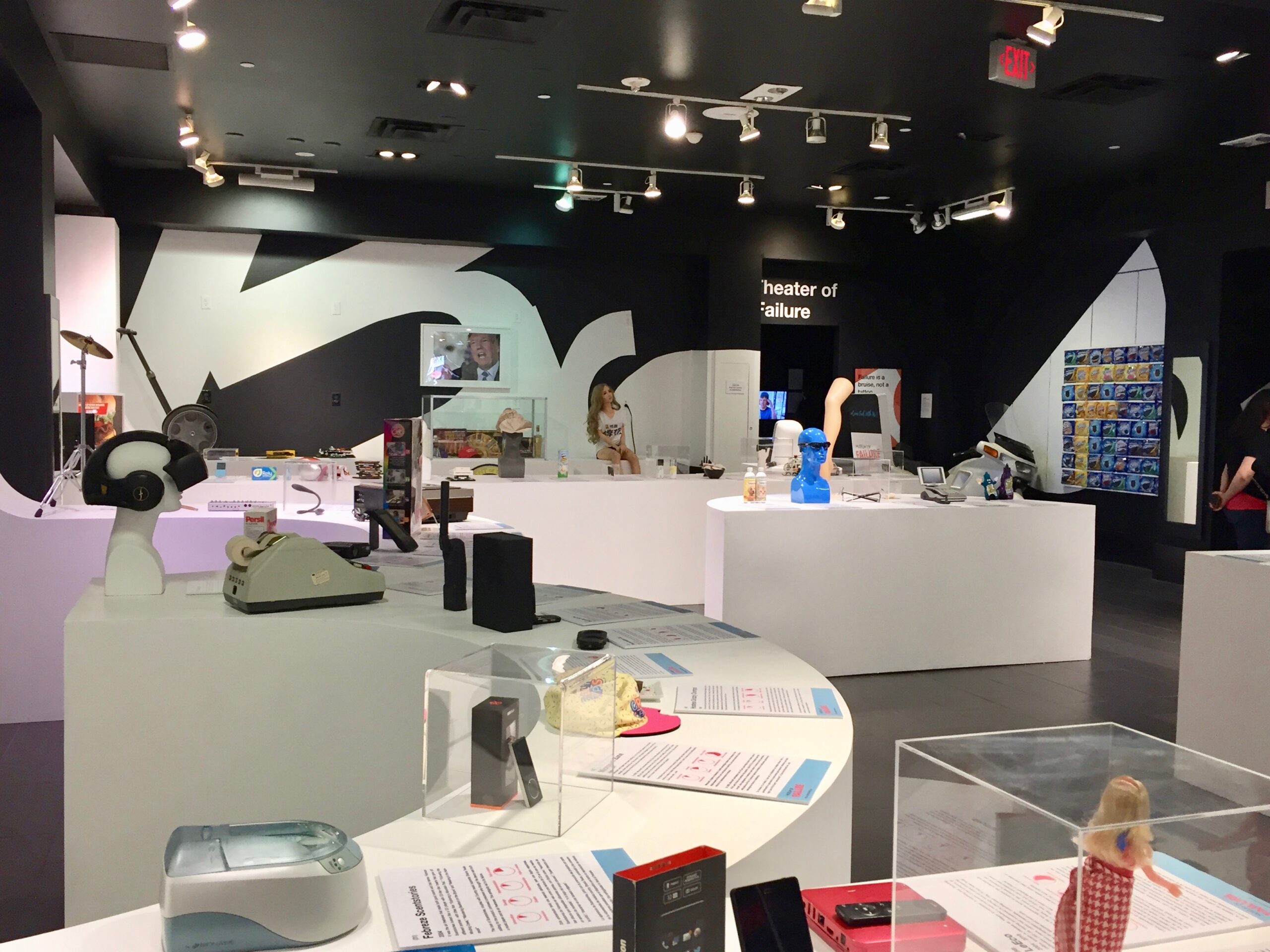Guides
5 Things you should know about Museum of Failure
The museum of failure holds some the world epic fail innovations, some of them never saw the light of the day again, while others innovate and become better.

The museums hold the history of man, with reference to most of the events that happened through time at different dispensations. Well, you might be familiar with both the words museum and failure and you might wonder what things you should about the Museum of Failure with respect to epic years of failures leading to new discoveries and innovations. No thriving product or enterprise winning today did not just get to where they are, some went through a series of failures before finally achieving success.
Furthermore, it often feels like failures get more attention than successes because we worry about them, do our best to avoid them, and doubt ourselves when we have unconventional ideas. But the plain truth is that every significant success in life has been accompanied by failure. Sometimes it’s a massive, unforgettable failure, while other times it’s a series of smaller ones. The important thing is to remember that failure is an integral part of the journey toward greatness. Additionally, the Museum of Failure houses history’s epic failures by some of the world’s best-known companies, and the brain behind this museum is no other than Dr. Samuel West who created this museum as part of his research on corporate success and innovation.
Meanwhile, while the Museum of Failure celebrates failed ideas from which we have the innovations and successful and thriving product the world enjoy today it also seeks to educate on the importance of learning from failures and pressing hard to be the best or provide the best service, with the joy of success being rooted in the pain of failures.
According to the museum authority, the Museum of Failure is a collection of failed products and services from around the world. The majority of all innovation projects fail and the museum showcases these failures to provide visitors with a fascinating learning experience. Every item provides unique insight into the risky business of innovation.
Innovation and progress require an acceptance of failure. The museum aims to stimulate productive discussion about failure and inspire us to take meaningful risks.
5 Things you should know about the Museum of Failure
- On June 6th, 2017 the Museum of Failure opened for the first time at Kulturhotellet in Helsingborg, Sweden.
- The Museum has held exhibitions in over four countries in the world in different cities.
- Museum of Failure houses more than 150 epic fails throughout history.
- The Museum of Failure was opened so that people can talk more about failure.
- It took years to hunt down most initial objects through Craigslist, eBay, and obscure internet discussion forums.
Some of the failed products in the Museum of Failure
- Olestra (1996 – 2000)
- Rejuvenique (1982 – 1988)
- Google Glass (2013 – 2014)
- DeLorean (1981 – 1982)
- Coke II (1985 – 2002)
- Nokia (2003 – 2004)
- Apple Newton (1993 – 1998)
- N-Gage (2003 – 2006)
- Harley-Davidson Cologne (1994 – 1996)
- Kodak DC-40 (1994)
- Sony Betamax (1975 – 2002)
- Lego Fiber Optics (1996 – 1998)
- Paolo Macchiarini’s infamous plastic trachea
Conclusion
Museums are generally known to celebrate achievements and milestones or discoveries through time, but the Museum of Failure, in other words, seeks to examine the object of our failures and shortcomings, paying homage to them. Well, as painful as failures can be most times, there is a difficult lesson to learn from them. Denis Waitley said “Failure should be our teacher, not our undertaker. Failure is a delay, not defeat. It is a temporary detour, not a dead end. Failure is something we can avoid only by saying nothing, doing nothing, and being nothing.”
More Articles on RNN
Everything You Should Know About Nigeria Air and How To Book Flight
What is Robot Wife? Everything You Need To Know
How to Apply For a Guinness World Record: Step-By-Step-Guide
